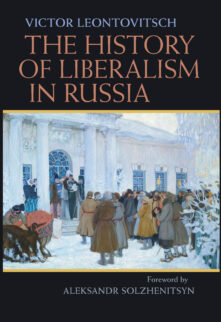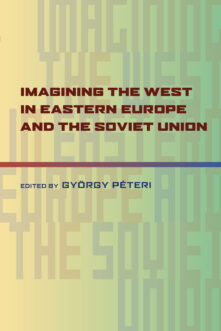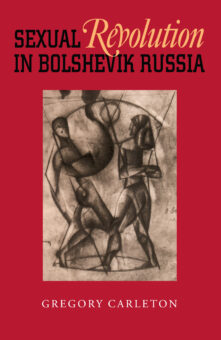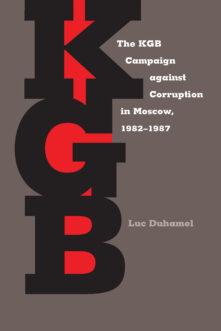History / Europe / Russia & the Former Soviet Union
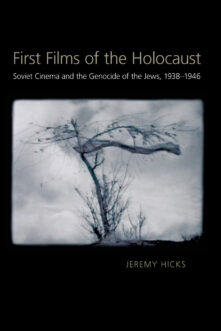

First Films of the Holocaust
Soviet Cinema and the Genocide of the Jews, 1938–1946
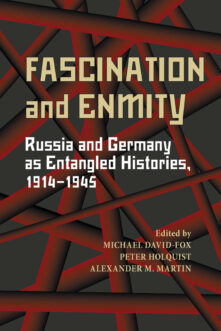

Fascination and Enmity
Russia and Germany as Entangled Histories, 1914–1945
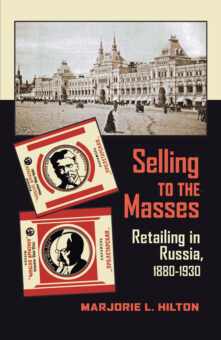

Selling to the Masses
Retailing in Russia, 1880–1930
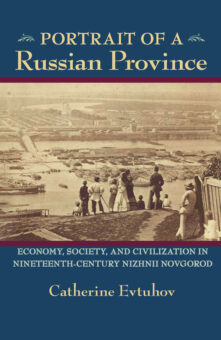

Portrait of a Russian Province
Economy, Society, and Civilization in Nineteenth-Century Nizhnii Novgorod
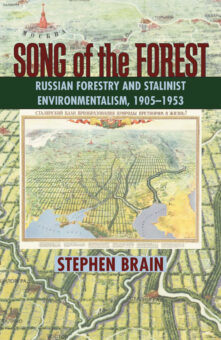

Song of the Forest
Russian Forestry and Stalinist Environmentalism, 1905–1953
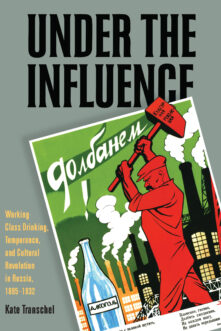

Under the Influence
Working-Class Drinking, Temperance, and Cultural Revolution in Russia, 1895–1932
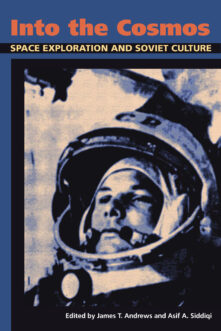

Into the Cosmos
Space Exploration and Soviet Culture
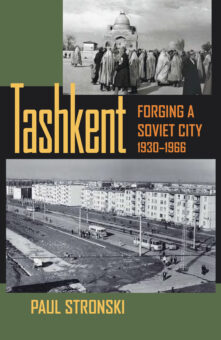

Tashkent
Forging a Soviet City, 1930–1966
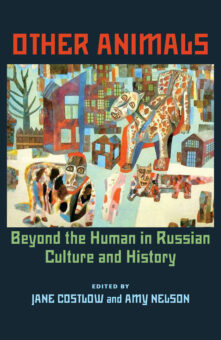

Other Animals
Beyond the Human in Russian Culture and History
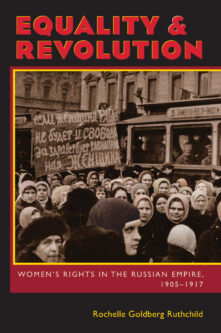

Equality and Revolution
Women's Rights in the Russian Empire, 1905–1917
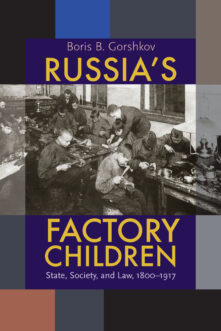

Russia’s Factory Children
State, Society, and Law, 1800–1917
Total 72 results found.


